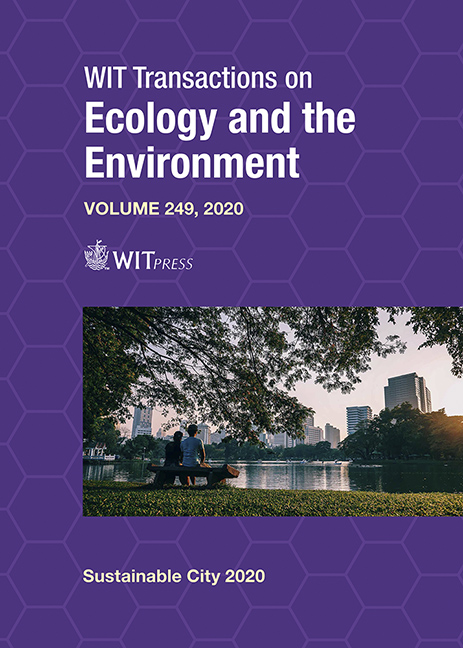EFFECTS OF TOURISM-LED URBAN REGENERATION ON THE HISTORICAL PART OF TEHRAN, IRAN
Price
Free (open access)
Transaction
Volume
249
Pages
12
Page Range
247 - 258
Published
2020
Paper DOI
10.2495/SC200211
Copyright
WIT Press
Author(s)
MAJID MANSOUR REZAEI, ALI MOHAMMAD SAADATI, HELYA SEHAT
Abstract
Over the last half-century, the role of tourism all over the world has increased remarkably in cities creating serious competition between cities in attracting more regional, national, and international tourists. Tehran has been the capital of Iran for over 200 years, however its relationship with urban tourism is new and young, with an attractive and audible narrative. For the very reason of this newly created dialogue, Tehran has been chosen to be studied through the lens of three eras: Qajar, Pahlavi, and Islamic Republic. Each era shows a monarchy, which shaped the capital based on a particular set of views, demands, and ideologies. Like most capital cities, Tehran had to change or even mutate at the demand of the different monarchies, and no wonder the city had lost many layers of its heritage and attractions through the urban changes. A major part of the urban changes has taken place in the last century. However, over the last 15 years, urban tourism has developed rapidly in Tehran. This means that tourism-led urban regeneration has successfully reshaped the cityscape, stimulated the renovation of many attractions and neighborhoods especially in the historic part of Tehran. The purpose of this article is to study and analyze urban tourism and its effects in Tehran over the last 15 years. Also, focusing on the historical part of Tehran, the role of urban tourism in regenerating the historical part of Tehran was investigated. The article is prepared for practical purposes. The research method is descriptive-analytical. Since the authors are the leading activists in the field of urban tourism in Tehran, the research is based on observations, conversations, and surveys done in four months (May–August 2020). Ultimately, the article presents the most important programs and projects necessary for the reform and development of urban tourism in the historical part of Tehran.
Keywords
tourism-led, urban regeneration, historical part, Tehran





